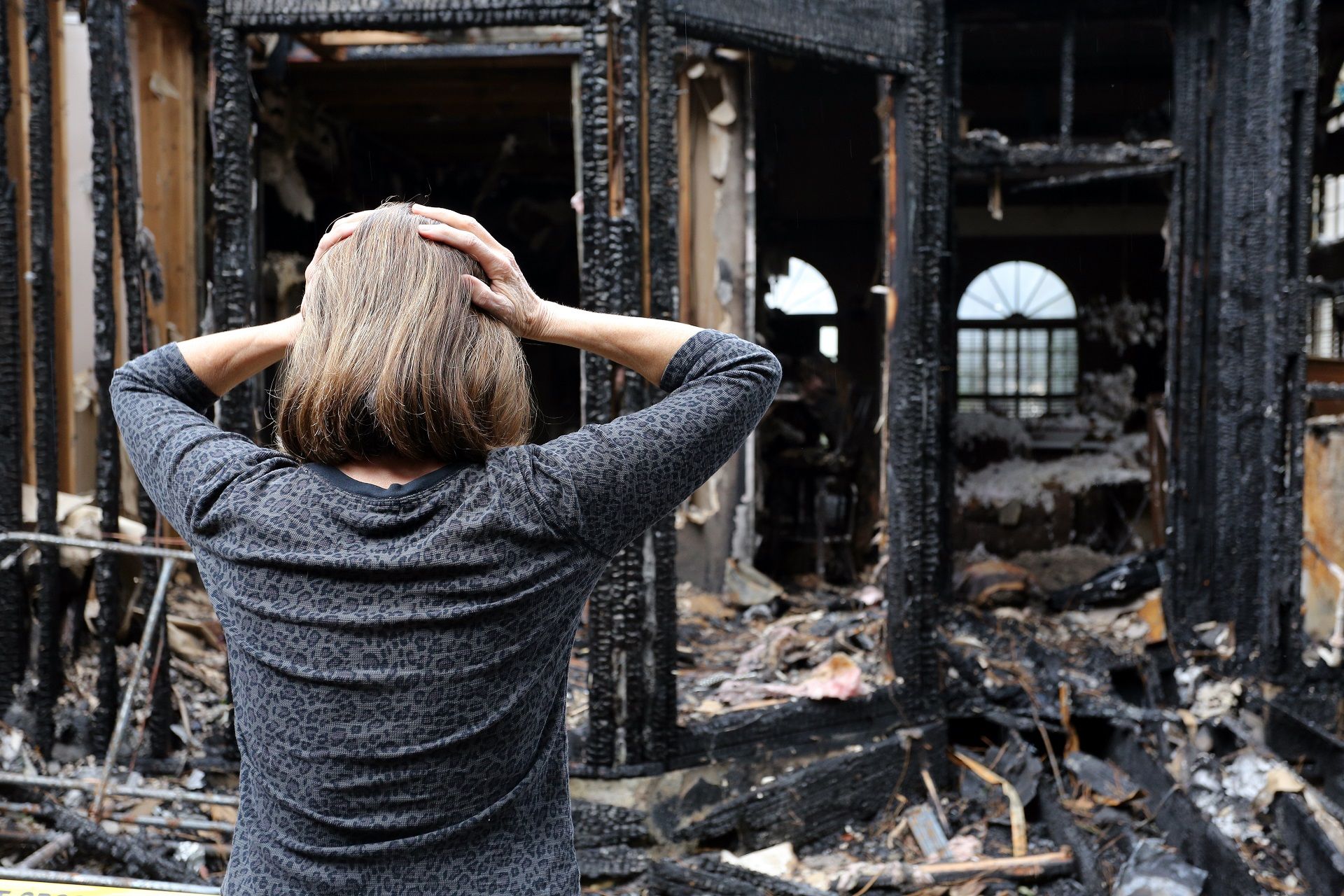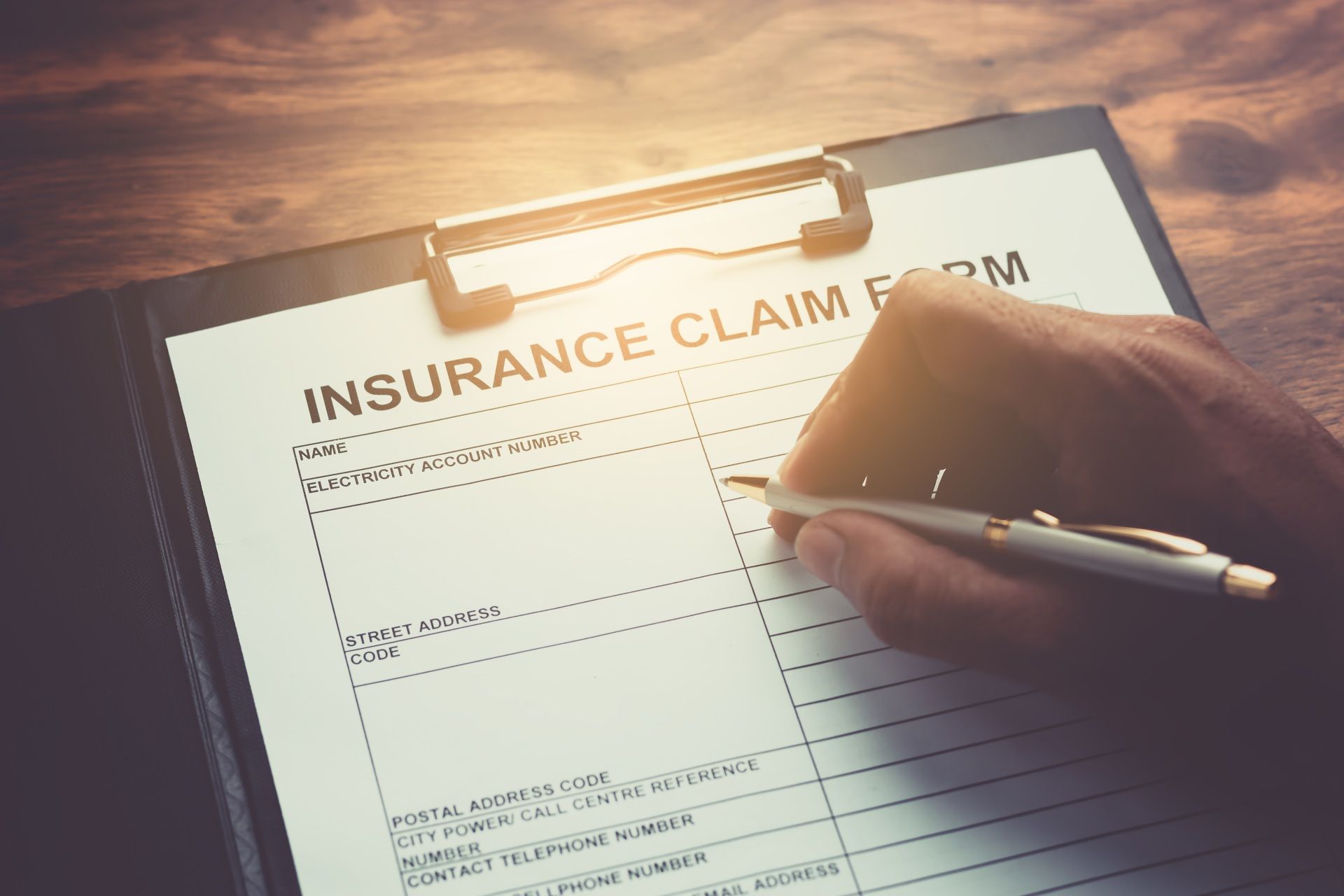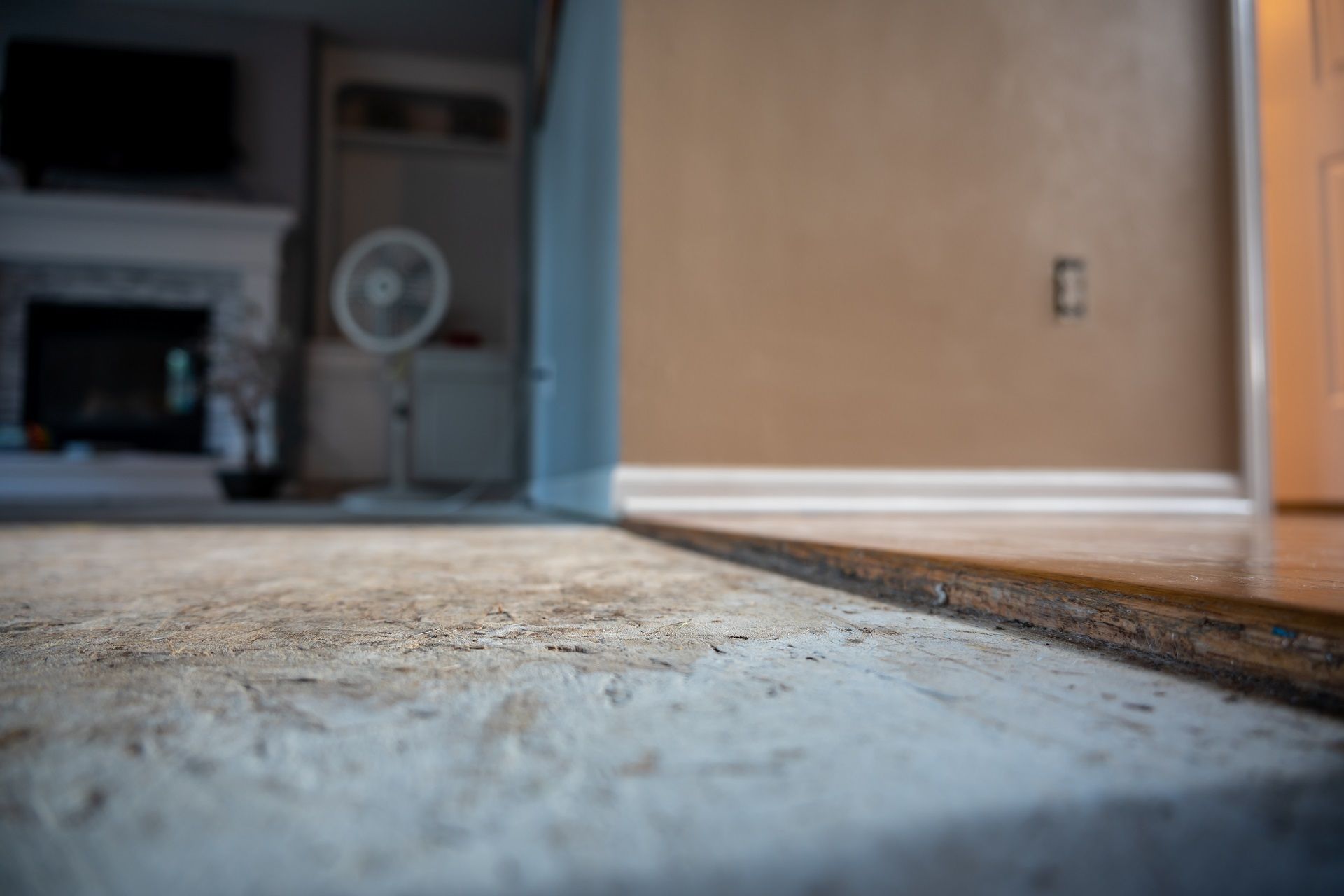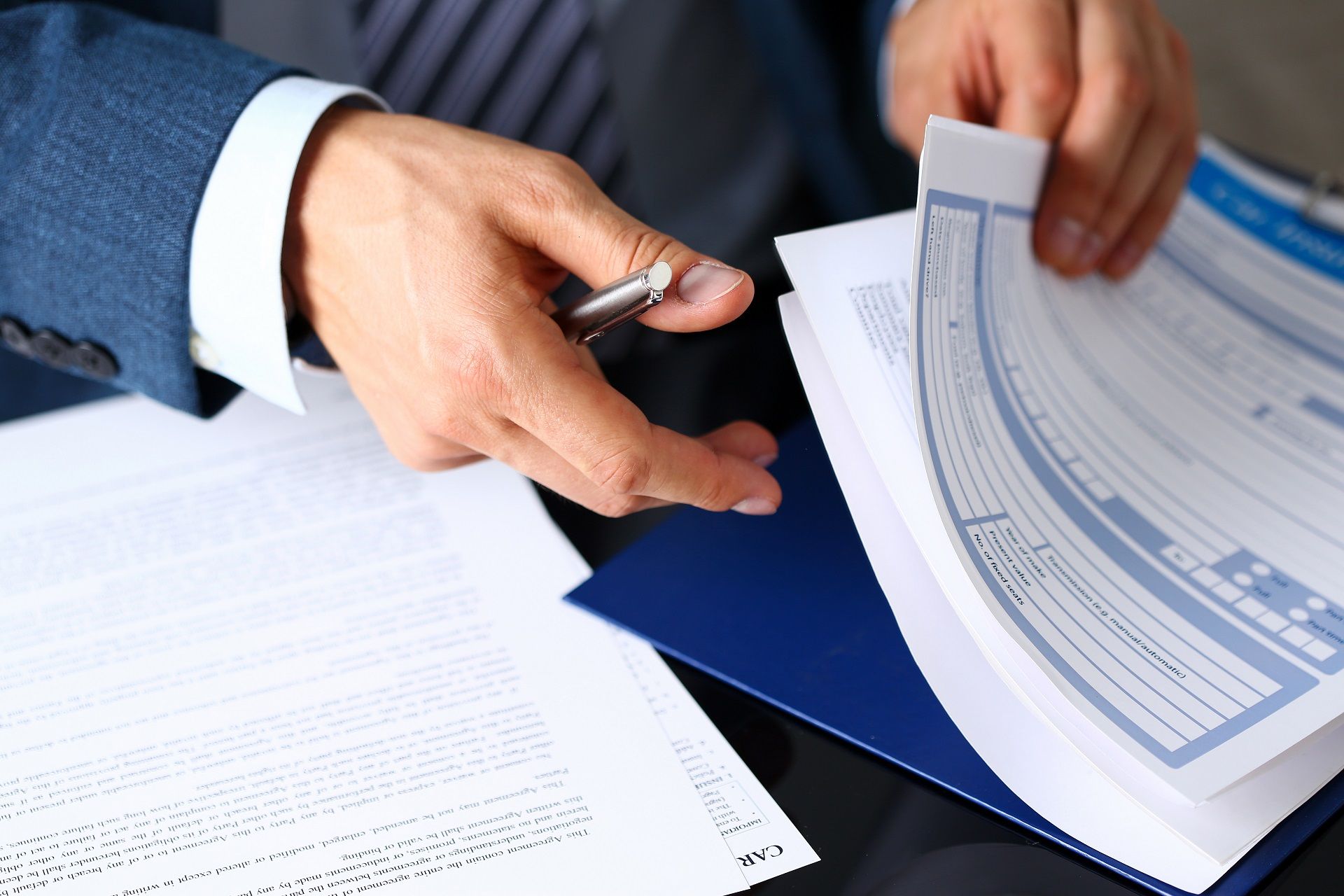Hurricane Season 2023/2024 Safety And Security Tips
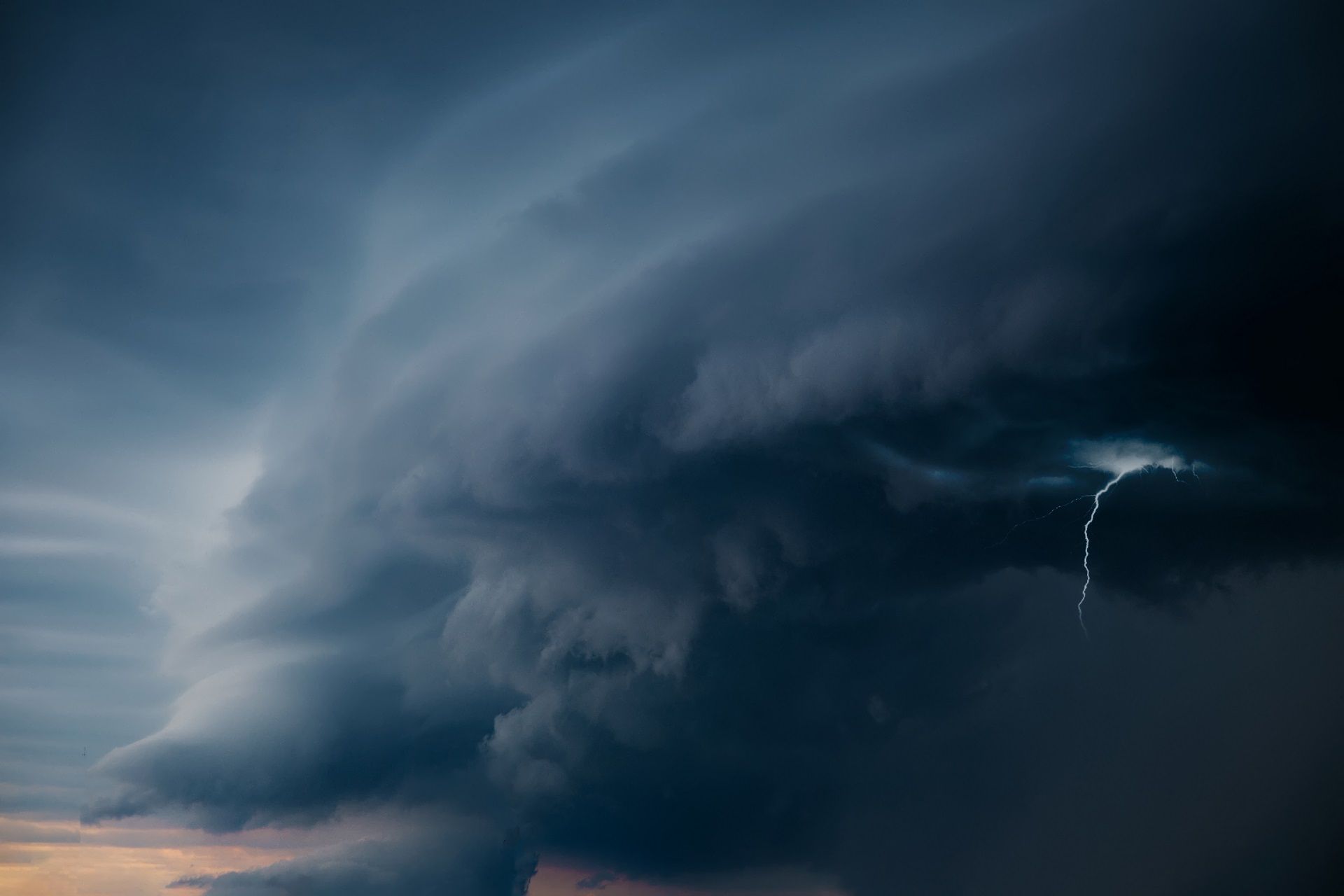
All Florida residents are aware of just how damaging hurricanes can be. With hurricane season in full swing, if you haven’t done so already, it’s not too late to take proactive steps to ensure the safety of your family and your property.
In today’s blog post, we’ll discuss when hurricane season is in Florida and teach you everything about hurricane damage prevention, as well as some essential safety measures you must take before the storm strikes.
When is Hurricane Season in Florida in 2023?
Generally speaking, hurricane season starts in June and lasts until December. This year is no exception and the answer to the question of when is hurricane season in Florida in 2023 is June 1 to around November 30th.
The peak of the season typically occurs between August and December, and most of the storms take place during those few months. However, mid-September is also no stranger to tropical storms.
While it’s not common for hurricanes to ravage the inland part of the US, coastal areas such as Florida are at the highest risk. This is exactly why citizens of The Sunshine State must know all there is to know about hurricane damage and how to minimize it.
How to Prepare for a Storm
Now that you’ve confirmed when is hurricane season in Florida, you can think about minimizing the damage by taking preventative measures, such as:
1. Take Preventative Water Damage Measures
The biggest source of damage during a storm is water. This is especially true for Florida’s coastal areas where storm surges, heavy rainfall, and flooding are common. To keep the ensuing damage to a minimum, do this:
Clear all drains and gutters: before the storm hits your home, you should see to it that all gutters and drains are debris-free, thus allowing the water to flow away from your property. Any clogs could lead to water accumulation, which increases the risk of leaks and devastating structural damage.
Reinforce all openings: storm shutters are a valuable investment, but in a pinch, you can use plywood to protect doors and windows from any debris. This can consequently reduce the likelihood of water penetrating your home.
Seal any cracks : it’s very important to inspect your property beforehand for any gaps or cracks in the openings, foundation, or walls. If your home has any, seal them with caulk to prevent water from penetrating your home.
Elevate valuables : move your valuables to an upper floor to protect them from water. This also applies to important documents. Store them in waterproof containers and back them up digitally to be on the safe side.
2. Inspect All Locks
As you’re shuffling to learn everything about hurricane damage protection, it’s easy to overlook the security of your home. If you’re planning to evacuate while the hurricane is active, you should prepare for the possibility of individuals with nefarious intentions trying to take advantage of your absence.
Take the next few steps to protect your property from intruders:
Replace old locks: all the locks in your home should be sturdy and in good working order. You should swiftly replace any worn-out locks to enhance your home’s overall security. While strong locks are by no means foolproof, their high-quality build and look can serve as a deterrent against criminals.
Reinforce all entry points: you can install strike plates and deadbolts on all doors for extra security, which could serve as another layer of protection against burglars.
Provide trusted people with duplicate keys: create extra keys and give them to trusted neighbors or family members so they can enter your home in case of emergency.
3. Create an Evacuation Plan
Once you are aware of when is hurricane season in Florida, you should develop a detailed evacuation plan that outlines where you will go in case of an emergency. Figure out exactly how you’ll get to your destination, be it a relative or a friend who lives outside the hurricane zone.
Account for your pets, plan out the method of transportation, and figure out alternative routes to get out of the area.
4. Gather Supplies
If you receive a hurricane warning but decide to stay put, make sure to gather enough emergency supplies. Since a storm could cut off your power and water supply, stock up on everything to account for your family’s immediate needs, such as:
- Emergency water and food supplies
- Medicine supply
- Light sources such as lamps or flashlights (with plenty of spare batteries)
- Safety and necessary personal items
- Documents such as wills, personal IDs, passports, medical documents
- Fire extinguisher
What to Do After a Storm?
After the hurricane has passed and you’re out of immediate danger, you should first focus on sidestepping any further damage.
First, inspect your property for any visible signs of defects. This includes broken windows, compromised structural integrity, roof damage, etc. Next, take videos or photos of all the damaged areas and items for the purpose of filing an insurance claim.
To protect your home from further damage and unauthorized access, try your best to secure any damaged windows or doors. For the time being, temporary barriers such as tarps or boards will suffice.
You can also maximize your insurance claim by hiring a licensed public adjuster from the very beginning. These experts can provide you with an accurate assessment of losses. Plus, public adjusters have extensive knowledge of not only damage assessment, but also the claims process for different types of insurance claims, along with the experience to objectively evaluate the intricate language in insurance policies.
Lastly, public adjusters can also support your claim by negotiating with the insurance company on your behalf, thus protecting you from the most common devaluing tactics that insurers rely on.
Keep a Calm Head
Hurricanes are scary but by taking all the preventative measures outlined above, you can keep your family safe and minimize any damage that may occur once the storm reaches your neighborhood. The safety of your family takes precedence over any material damage.
Still, if you hire a public adjuster, you can recover compensation for pretty much all property damage and make the necessary repairs.
Here at Continental Public Adjusters, we’ve been helping homeowners recover settlements they’re entitled to under their policies since 1982. In fact, we’ve made our name helping those affected by Hurricane Andrew repair and rebuild their homes, so we’re familiar with just how destructive hurricanes can be.
Keep a calm head and protect your insurance claim - call (800) 989-4769 or fill out our contact form to schedule an appointment.
Disclaimer: The information on this website and blog is for general informational purposes only and is not professional advice. We make no guarantees of accuracy or completeness. We disclaim all liability for errors, omissions, or reliance on this content. Always consult a qualified professional for specific guidance.


